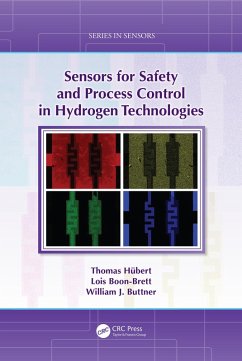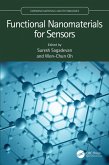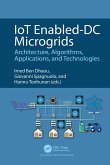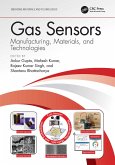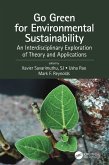Suitable for both technical and non-technical personnel, this book provides practical, expert-driven information on modern sensors for hydrogen and other gases as well as physical parameters essential for safety and process control in hydrogen technologies. It illustrates how sensing technologies can ensure the safe and efficient implementation of the emerging global hydrogen market. The authors also offer guidance on the development of new sensors based on the analysis of the capabilities and limitations of existing sensors with respect to current performance requirements.
Dieser Download kann aus rechtlichen Gründen nur mit Rechnungsadresse in A, B, BG, CY, CZ, D, DK, EW, E, FIN, F, GR, HR, H, IRL, I, LT, L, LR, M, NL, PL, P, R, S, SLO, SK ausgeliefert werden.

